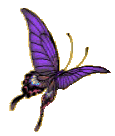
|  |  |

|  |  |
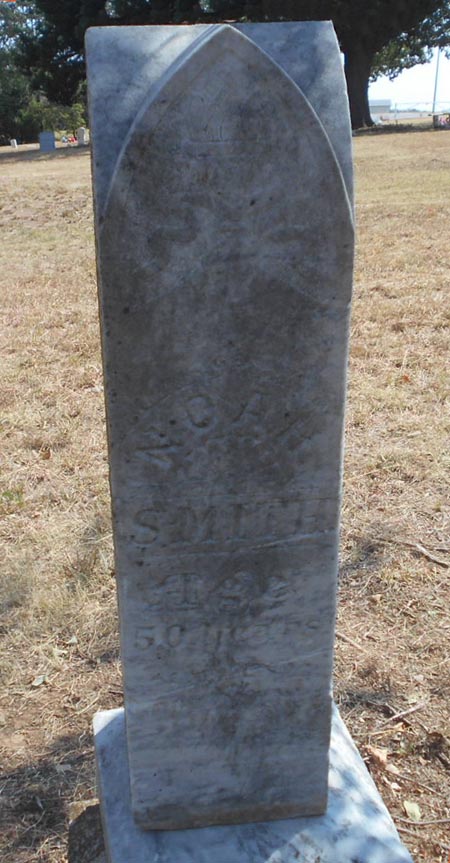
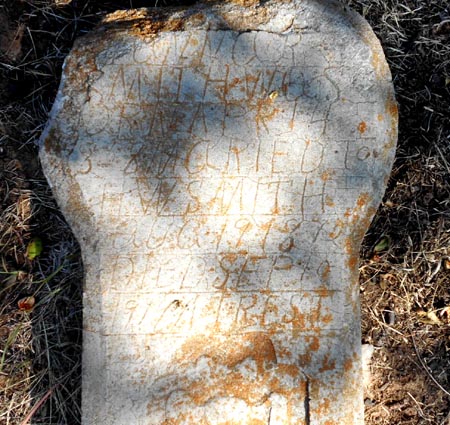
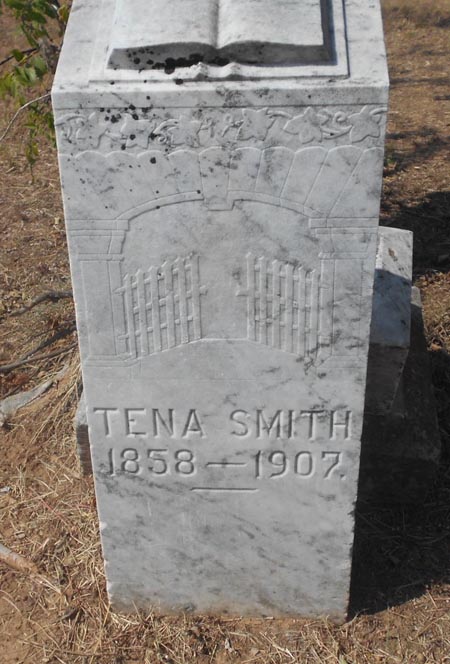
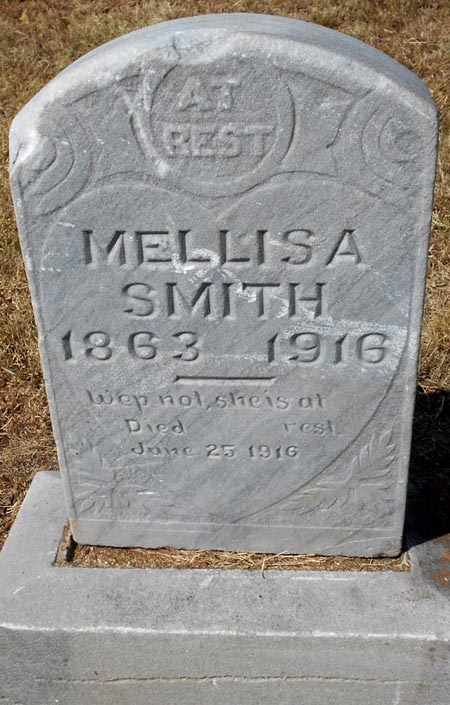
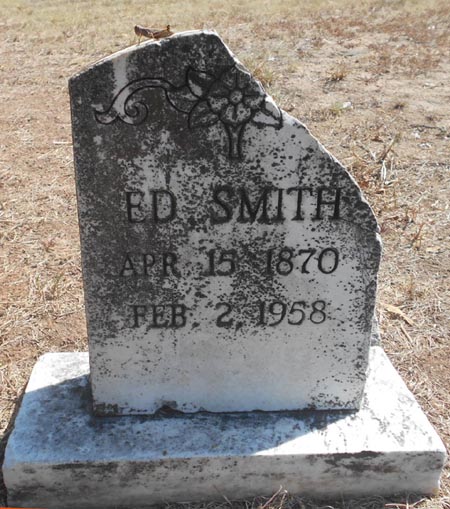
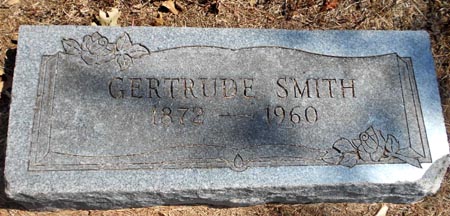
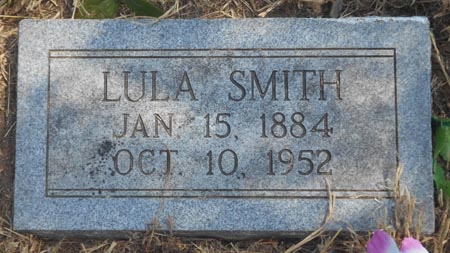
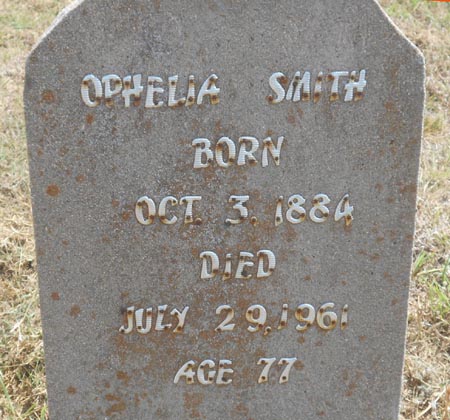
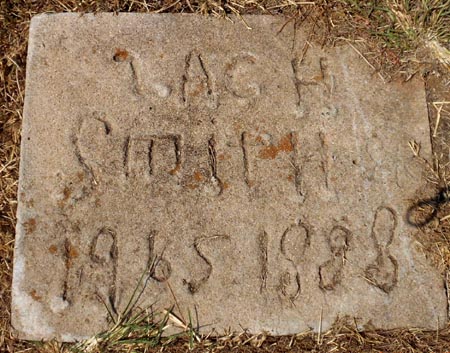
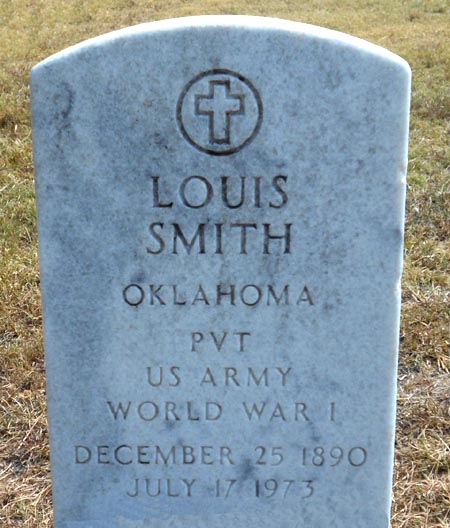
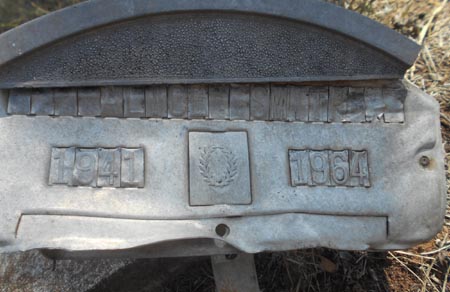
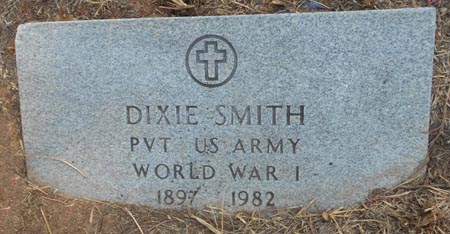
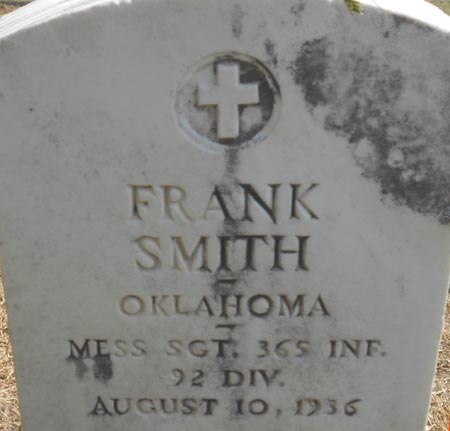
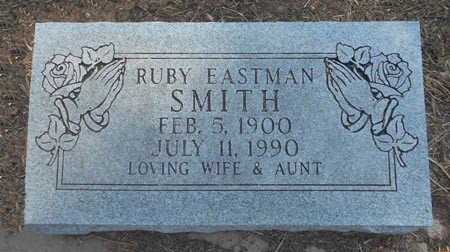
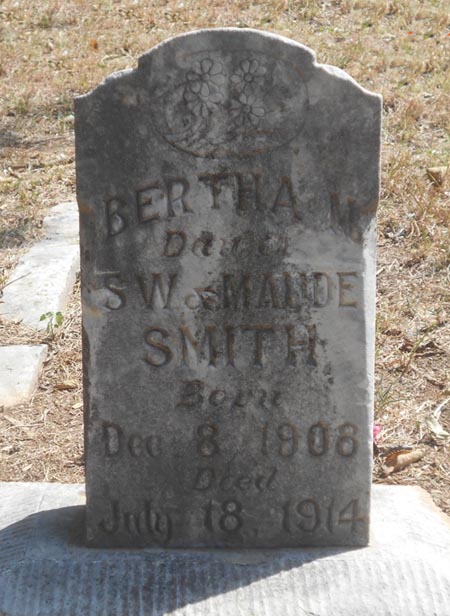

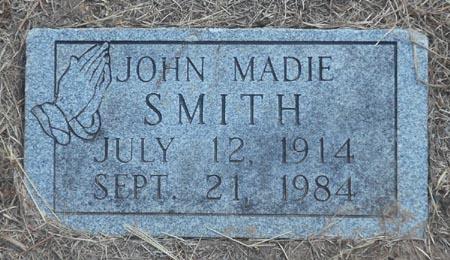
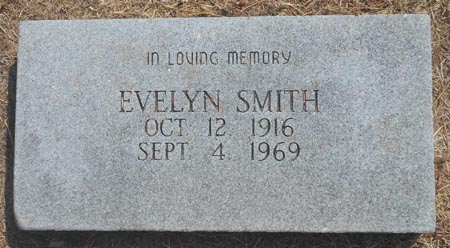
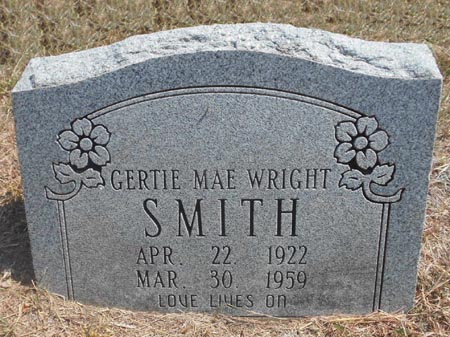
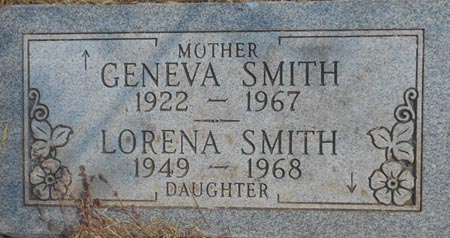
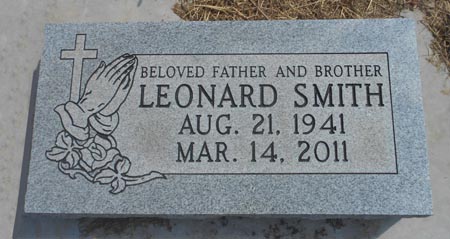
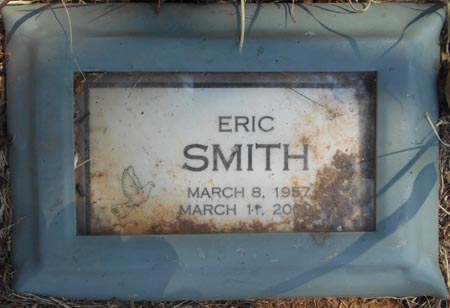
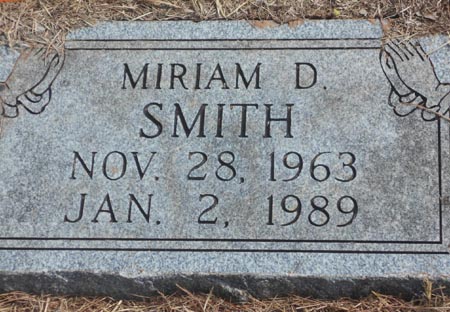
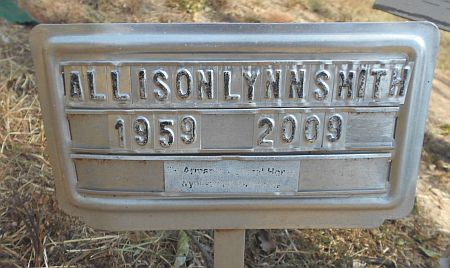
Garvin County Indian Pioneer Papers Dixie Smith Sr Interview #4613I was born at a place near where Durant is now and I located in the Chickasaw Nation in 1860. My father was owned by Mr. Jim Colbert who was a Chickasaw. My mother was owned by Serena Roob, a Choctaw. My parents both died when I was one year old, according to my grandfather on my father's side. My first remembrance of things was in 1865 right after the War. My grandfather and grandmother stayed on this big farm and farmed for themselves until I was eight years old. I remember one morning we all loaded into one wagon, my grandparents and two other families named Harper and Allen. We camped about a mile south from a log store called Cherokee Town, located on the Washita River in the Chickasaw Nation. We camped by a big spring and my grandfather and Mr. Harper and Mr. Allen went to hauling logs to build houses with and in about ten days they had three log houses built with dirt floors. They covered there log houses with logs first, then they took dirt and put on top of the logs. There were several big springs within two miles around and there were about three to four hundred Comanche and Kiowa Indians camped at these springs and there was one log store at Cherokee Town owned by John Shirley. This store was called a trading post for the people who lived around here. The first year I was here I only saw one white man. There were several negroes living around on the prairie, but most of the people whom I saw were Indians and before I found out what kind of Indians they were I called them the blanket Indians as they always wore blankets around them and had on beaded moccasins. There were many Cherokees living around Cherokee Town, who were lighter in color than the Comanches and Kiowas. According to Mr. Shirley, Cherokee Town was named for the Cherokee Indians who didn't want to fight and took refuge here on the Washita River where John Shirley built the first store. This store was at Cherokee Town before we came. It was an old store and from the look of the logs I would say that it was about fifteen years old when I came here in the latter part of 1868. There was a Government man who issued meat and other things to the Cherokee, Comanche and Kiowa Indians at Cherokee Town when I came here. My grandfather was part Chickasaw and I could speak the Chickasaw language. I would go to the Comanche camp and try to talk to the Comanches but I couldn't understand their language. They talked with their hands quite a bit. I have cooked meat over the same fire with the Comanches. They would have long sticks sharpened at one end and they would put these sticks through pieces of the meat and hold them over the fire until the meat got hot enough for the blood to ooze out, then they would eat it. I would roast my piece of meat until it was done. Roasting and cooking outside the house was not new to me as my grandmother did all our cooking out in the yard over a home-made fire place. My grandfather dug out a small pit and walled it up with clay and this is what my grandmother used for a stove for a long time. Grandfather did some farming. He had about three acres of corn and the second year we lived here he put in some wheat. The nearest mill was at Cyrus Harris' place at old Mill Creek, about thirty miles from here. Mr. Harris also owned a wheat grinder. In the winter time Grandfather and I would hunt. We would kill coon and deer and take their hides to Dension, Texas, and we would take deer hams too. We sold deer hams for 25 cents each and thought that was a good price. The reason my grandfather would take our furs to Denison, Texas was so that he could get a keg of whiskey. We could have sold our furs at Caddo, but this was in the Indian Territory and there was no whiskey there. We had to watch out for the United States Marshal when we started back home from Denison. Grandfather would put the keg of whiskey in the bottom of the wagon, and stack what groceries and things we had bought on top of it. We were stopped by the United states Marshals several times but they never searched the wagon. They would say, "Have you got any 'likker' with you, negro?" and Grandfather would shake his head and the marshals would go on and we wouldn't be stopped any more on that trip. The first freight wagon came from Caddo to Fort Sill in 171. There were two wagons and two white men and they were driving four yoke of oxen and they came within about fifty yards of our house. I don't know what they were hauling, but they had both wagons loaded and in about two weeks they came back by and from that time on every now and then there would be a wagon train, sometimes with five or six wagons in a line, and in about four months after this first wagon went by our house, one day a stage coach came by which had four horses hooked to it and the driver was sitting up on top. And they carried the baggage on top just like the busses do today. I went to school at Fort Arbuckle for two years, 1874 and 1875. The Government had a mission school there and I boarded there. I don't know whether my grandfather had to pay for me going to school or not. I hauled freight from Caddo to Fort Sill in 1876. I drove five yoke of steers and the wagon train I was with had twenty wagons in it. Mr. John Batchels had the contract from the Government to carry the mail on his stage. I have seen Mr. Noah Lael drive up and down this stage line in his buggy, shoeing horses and before he died he was the richest man in this part of the country. He worked hard and he was a good manager. He married the daughter of ex-Governor Harris. I helped Mr. Bill Guy haul freight for two years. I drove one wagon and Mr. Guy drove the other wagon. Later he was made Governor of the Chickasaw Nation. Mr. Guy used to tell me jokes an sing songs around our camp fire at night while we were on one of these drives. I knew Frank and Jesse James. They were at one time working with the Oklahoma Territory freight outfit and one day while I was at Cherokee town, I heard the United States Marshall was looking for them and the next time the Oklahoma Territory outfit came by, Frank and Jesse James were not with it. They had left this part of the country. I helped lay the railroad from the place where it crossed Rush Creek near Pauls Valley to Purcell. The crew working north beat the crew working south to Purcell by the length of two rails. I was standing there when the big railway officials came up in their carriage driving four white horses and watched them drive the silver spike. This was on the fourth day of May, 1887. The next day I came back home and went to fencing up land around here and building log houses on this land. I wrote to some of my friends in Louisiana and had them come out here and farm for me. At that time you owned all the land you could fence. In 1895, Zach Allen and I built a school for negroes. It was a boarding school in a two story building with a basement and it cost us $3,000.00. We got four white women to take charge of it and it was called Bethesda Mission. I now live within one mile of the place where my grandfather settled when we came here. The old stage line is still visible in places and it used to pass within about a hundred yards of the house where I now live, which is about two miles northeast of Wynnewood. At one time I was worth $100,000.00, but today I live off the old age pension check and whatever money I can make farming. |
© DeArman's Wynnewood Funeral Home Wynnewood OK March 2009 December 4, 1959 ~ March 5, 2009 Lynn attended and graduated from Wynnewood High School. She also attended Murray State College and East Central University. Lynn accepted Christ at an early age, uniting with the Mt. Carmel Baptist Church where she has served as a faithful follower of Christ. Lynn's joy in life was her children and writing letters to her Lord. After a long hard fight with many illnesses, Lynn went Home to be with her Lord on March 5, 2009. Lynn's mother passed away while she was very young, but thanks be to God, that she had her Grandmother Mildred Smith whom she called Momma, who raised her as one of her own children. She leaves to mourn her son Kaleb and her daughter Allison Allen and their father Jim Allen. She is survived by her brothers Calvin Coolidge and Alex Terrell Smith. Lynn also leaves to cherish her memories a host of relatives and friends. Pallbearers - Terrence Ramsey, Marques Thomas, Terry Parker, Chad McNeil, Dwyar Johnson, Rick Washington, Chris Smith, and Oren Smith III Honorary Pallbearers - Bruce Flowers, Joe Smith, Henry Flowers, Jr, Cecil Smith, Neal Flowers, Oren Smith, Jr., and Sammy Smith Flower Girls - Mar Jan Allen, Miami Flowers, Mary Ann Flowers, Myra Flowers, Martha Flowers Honorary Flower Girls - Calline Rushing, Rosalind Ramsey, Ora Mae Smith, Mary Smith, and Ruth Houston Services will be held at 1:00 PM Tuesday March 10, 2009 at the Mount Carmel Baptist Church in Wynnewood, OK. Old Testament - Rev Scott Thomas New Testament - Rev Terral Rushing Eulogy - Pastor Sheldon Williams Officiating - Rev Willie Tiller. Burial will follow at Hopewell Cemetery in Wynnewood, OK. Services under the direction of DeArman's Wynnewood Funeral Home. |
This site may be freely linked, but not duplicated in any way without consent.
All rights reserved! Commercial use of material within this site is prohibited!
© 2000-2024 Oklahoma CemeteriesThe information on this site is provided free for the purpose of researching your genealogy. This material may be freely used by non-commercial entities, for your own research, as long as this message remains on all copied material. The information contained in this site may not be copied to any other site without written "snail-mail" permission. If you wish to have a copy of a donor's material, you must have their permission. All information found on these pages is under copyright of Oklahoma Cemeteries. This is to protect any and all information donated. The original submitter or source of the information will retain their copyright. Unless otherwise stated, any donated material is given to Oklahoma Cemeteries to make it available online. This material will always be available at no cost, it will always remain free to the researcher.